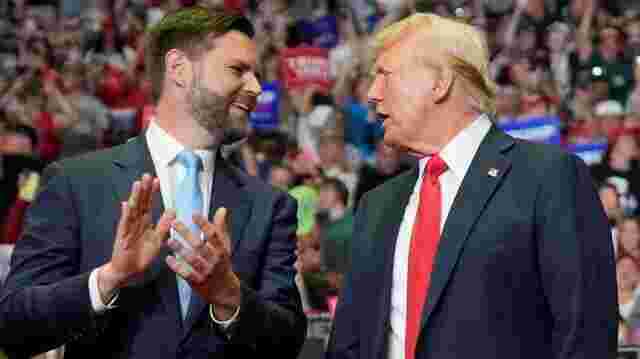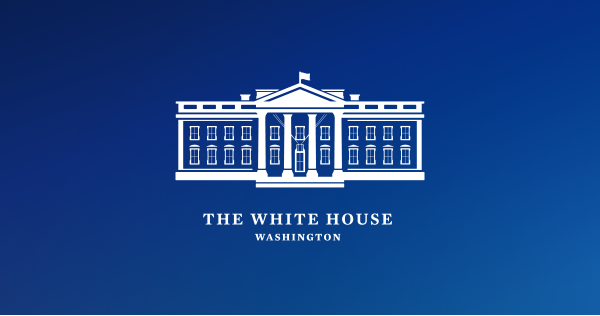The selection of Senator JD Vance of Ohio as the Republican vice-presidential nominee solidifies the party's embrace of economic protectionism and skepticism of unfettered globalization. Former President Trump's rejection of free-trade agreements and global supply chains during his first term upended longstanding policy consensus, bringing the GOP closer to Democrats on key industrial issues. Senator Vance, elected in 2022, shares this skepticism of free trade and outsourcing, criticizing them as detrimental to American workers and the country's industrial base. He has praised certain antitrust efforts and lamented the shift of production to Asia, blaming it for the decline of American manufacturing and the social fabric in states like his native Ohio.
Senator Vance's stance on economic issues echoes Trump's populism but with a more measured tone. Trump's potential second-term economic agenda remains largely unknown, but some protectionist elements are likely. Trump has proposed tariffs on imported goods, particularly from China, and a hardline immigration stance, including mass deportation. However, these headline-grabbing plans could have mixed economic effects and face resistance from businesses concerned about losing access to migrant labor and international markets due to potential retaliatory actions by trading partners.
During his first term, Trump made significant strides in promoting protectionism, initiating a trade war with China and renegotiating NAFTA to include labor protections in the USMCA. He also withdrew from the TPP, upending the postwar multilateral free trade consensus. While Trump's unilateral actions faced resistance, they shifted the GOP's stance on trade, and the Biden administration has largely maintained these policies, stepping away from the WTO and prioritizing national sovereignty in trade matters.
Despite their protectionist rhetoric, Trump and Vance's economic policies align with traditional GOP positions in some key areas, such as tax cuts for businesses and individuals, which could significantly increase the national deficit. Trump aims to extend his 2017 tax cuts and further reduce the corporate tax rate, which, according to the Congressional Budget Office, could add $4.6 trillion to the national deficit. This approach contrasts with the recommendations of the International Monetary Fund, which has advised the US to implement a deficit reduction program within the next decade.
Maganomics 2.0 takes shape with Trump-Vance ticket
Business

Related Posts

Jerry Bruckheimer takes you inside to discover the details of Brad Pitt's Formula One car.

Grammy Awards: Beyoncé Wins Her First Album Of The Year Prize; Kendrick Lamar Takes Song & Record Of The Year; Chappell Roan Best New Artist – Full List

